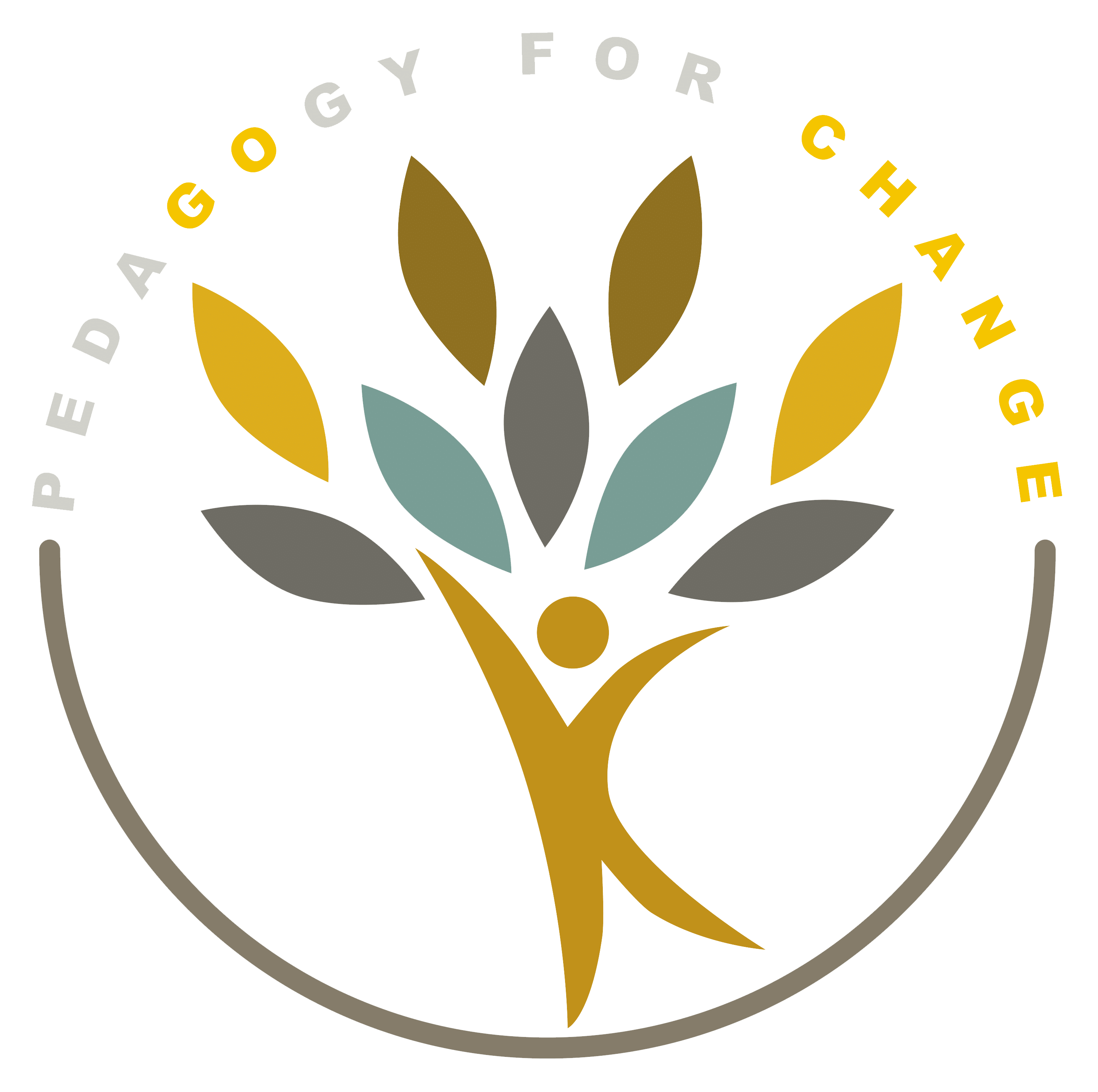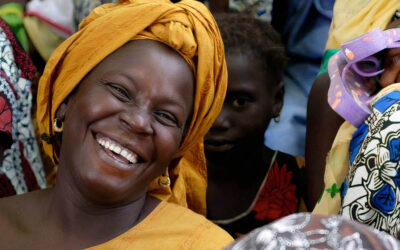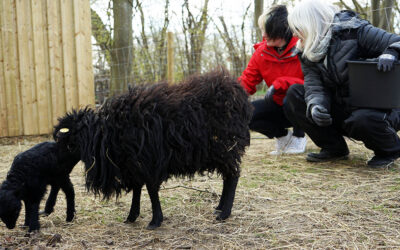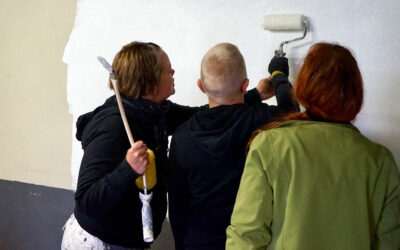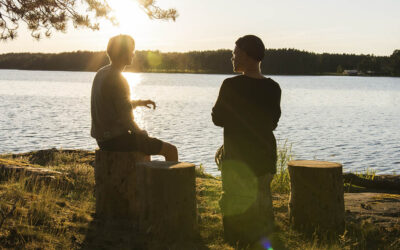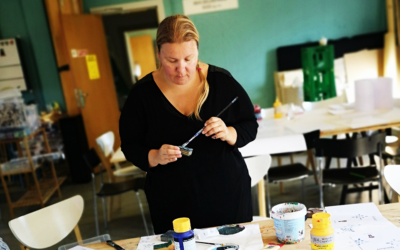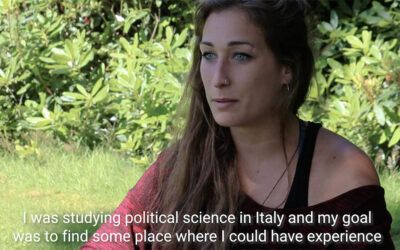
Education cannot wait
Education is a basic human right, a public good and a prerequisite critical in building responsible citizens. Our partners in the south, Humana People to People, have been training teachers for almost three decades – and they still are. It is mainly teachers for the public primary school sector, also in the rural areas, where they are most needed.
In the following, we share a message from Humana People to People:
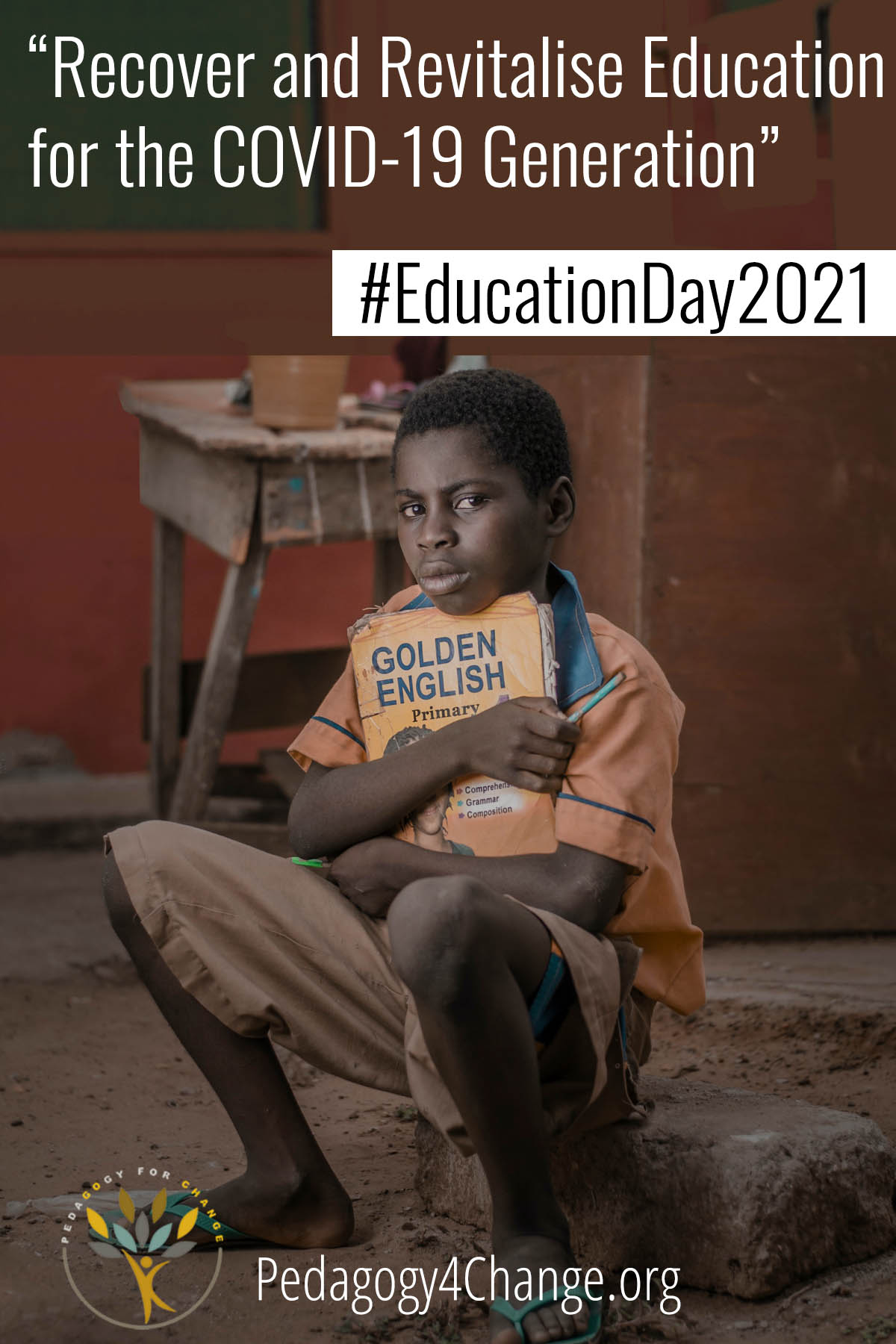
Recover and Revitalise Education for the COVID-19 Generation
“On the occasion of marking the International Education Day 2021, on 24 January, under the theme ‘Recover and Revitalise Education for the COVID-19 Generation,’ we reiterate our commitment to stand alongside national governments in delivering education to all. We have taken note of the drastic COVID-19 impact has had in disrupting the lives of many people – with education heavily affected.
The impact of the virus and resulting lockdown measures have not been felt equally, however, with children experiencing perhaps the largest disruptions to their day-to-day lives. According to UNESCO 2020, by April of last year, 91% of students, approximately 1.6 billion were out of school, compounding what was already a dire situation. The learning losses that come with children not being in school have the potential to last a lifetime – extending well beyond this lost year.
“To face the challenges of tomorrow, not only do we need massive investment, but an overhaul of educational systems is necessary,”
said the UNESCO Director-General Audrey Azoulay.
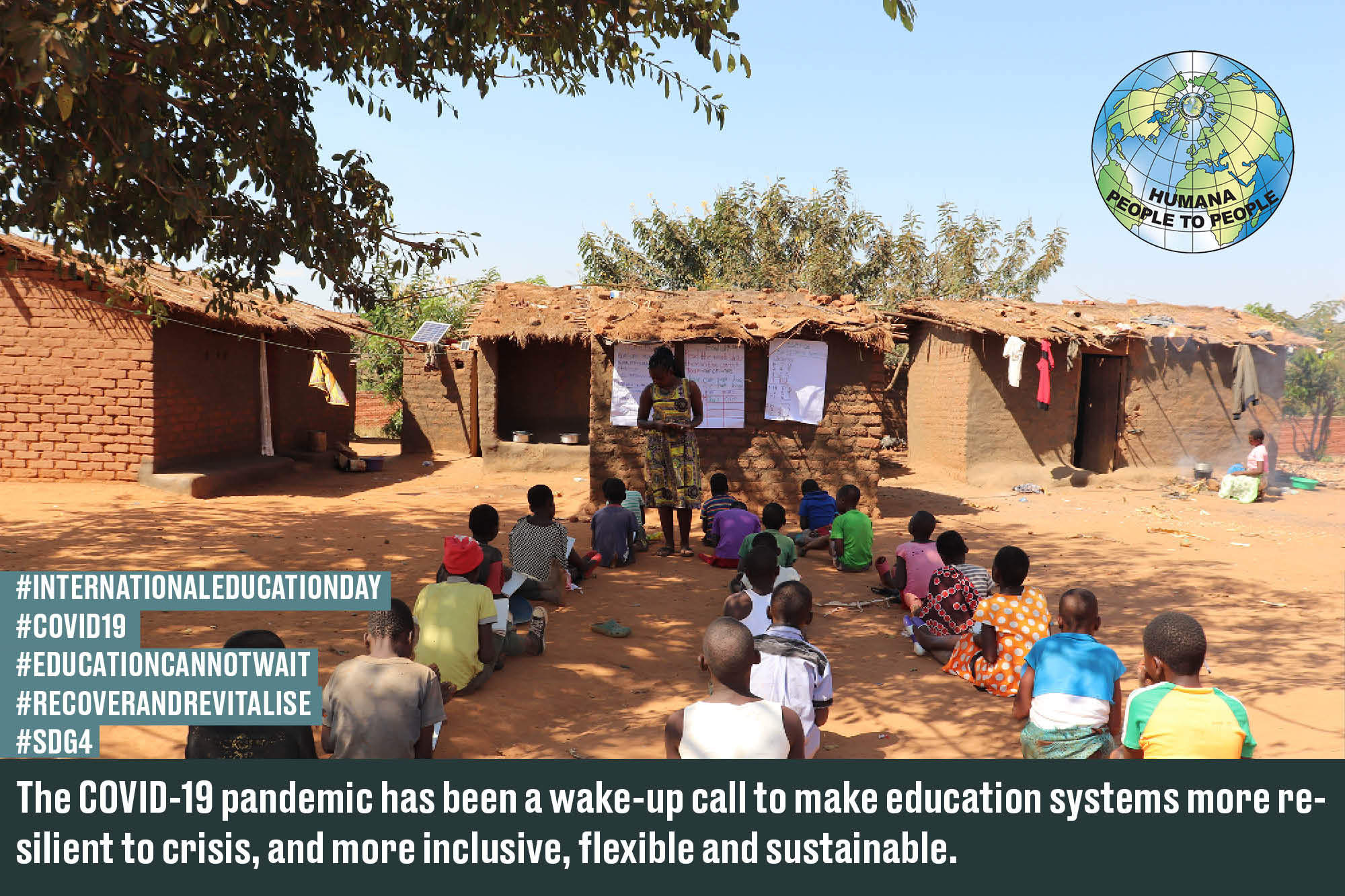
Adapting to a new reality
The COVID-19 pandemic has been a wake-up call to make education systems more resilient to crisis, and more inclusive, flexible and sustainable. It has shown the capacity of systems to innovate, expanding the frontiers of learning possibilities; the enterprise of teachers to ensure learning continuity; and highlighted the immense value education holds for learners, families and communities.
Our teacher training institutions adapted their training approaches in line with the COVID-19 pandemic emergency. We opted for decongestion of classrooms, migrated to virtual learning as a measure to promote physical distancing, wearing of face masks and hand-sanitising in moments of relaxed lockdown measures by local governments. In Mozambique for example, ADPP Mozambique opted to use radio and television broadcasting in delivering bi-lingual education reaching thousands of early grade primary school children in Maputo and other provinces.
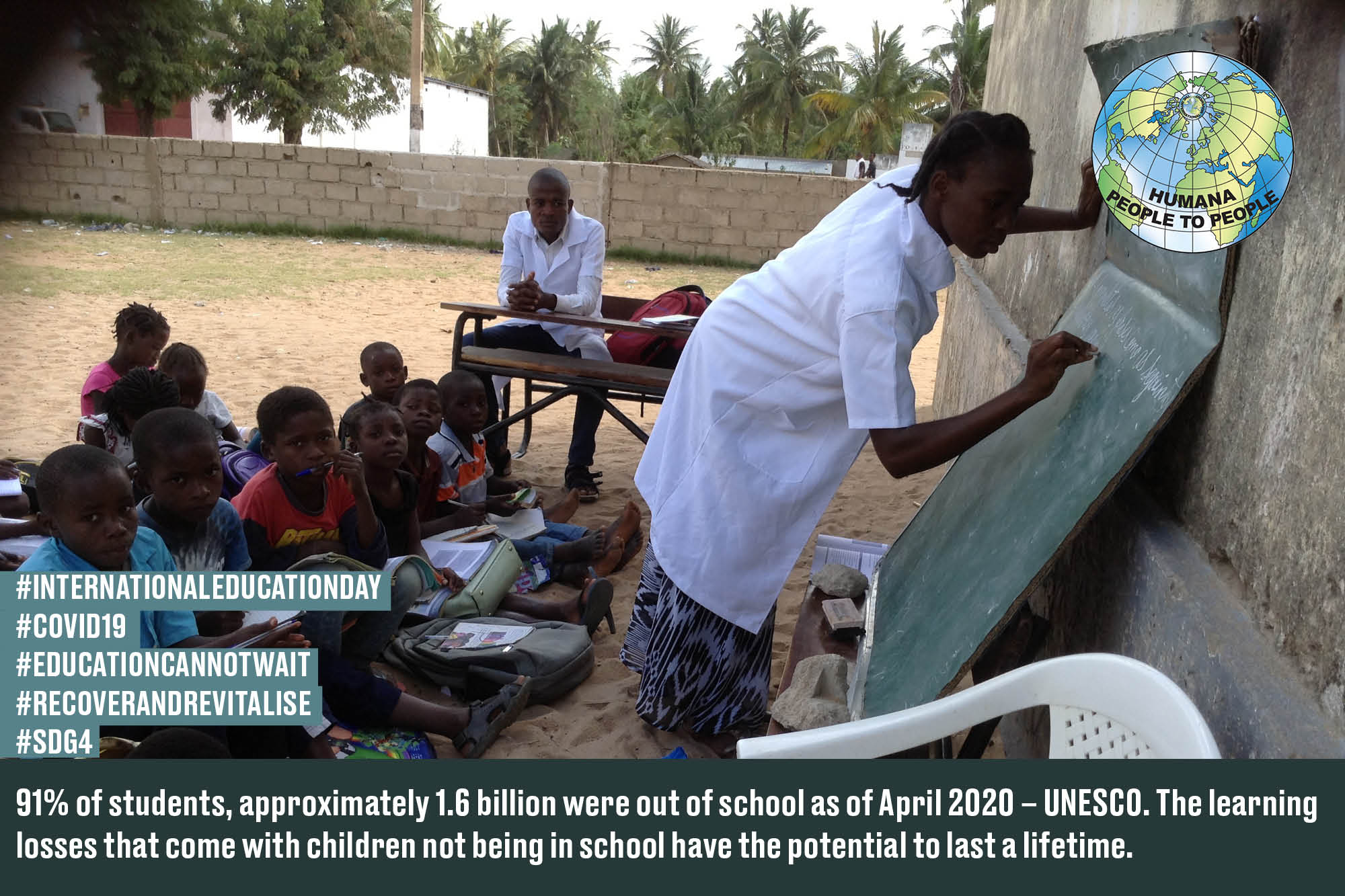
Capacity building in a new context
Humana People to People India, one of our members, is collaborating with Rajiv Gandhi Shiksha Mission in Chhattisgarh State in bringing education to students in a safe environment at home and in the village. Through building synergies and decentralising access to education, Humana People to People India use their extensive experience when building capacity of local teachers and volunteers to reach many children disconnected with access to education.
Despite the many micro-level initiatives being pursued in remote communities, there is need to bolster partnerships and actions to carry the shared responsibility in safeguarding education in the wake of COVID-19 attack and other future incidences.

Save Our Future – a call to action
We appreciate the noble first steps of the Save Our Future campaign, which has culminated in the UNESCO Global Coalition on Education that has rallied 160 partners since its launch in March 2020. It has brought organisations together to advocate and galvanise support to education. We find it critical for the multi-lateral organisations and the international development partners to support education in the developing countries in:
- Taking every measure to reopen schools safely and inclusively;
- Supporting all teachers as frontline workers and prioritising their training and professional development;
- Investing in skills development for inclusive recovery;
- Narrowing the digital divide that has prevented one third of the world’s students from accessing education during school closures;
- Protecting if not increasing education budgets; ensuring that stimulus packages support measures to mitigate learning losses and get the most vulnerable back to school; and increasing the volume, effectiveness and predictability of aid to education.
We call upon the international community and the national governments to ensure that learning systems and structures are built back better to reflect the lived experiences of children around the world, particularly in already-struggling fragile and disadvantaged community settings.

“To face the challenges of tomorrow, not only do we need massive investment, but an overhaul of educational systems is necessary,”
MORE GOOD STUFF
Let’s go to Malawi!
We are working on an extension of the Pedagogy for Change programme where participants can join sustainable development projects in the Global South, after their 12-month course.
The Common Third
Creating an authentic learning space through a truly interesting, shared activity, is highly beneficial. The Common Third works as an ‘equaliser’ and is an important pedagogical tool.
Social learning in practice
We are social beings and therefore learning is an intrinsically social process. Learning takes place in many kinds of arenas, some of them arranged, where we interact with others in different contexts.
Inclusive Communication: 10 tips
Inclusive communication means sharing information in a way that everybody can understand for example people on the autism spectrum who need clearness and unambiguity.
Pedagogical Principles – an artistic expression
Graphic designer Eike Einmann designed 10 posters to represent the main pedagogical principles that lay the foundations of “Another Kind of School”.
Greta: “Let’s grow, together”
Greta was looking for community based opportunities after completing her studies in political science. She gained valuable hands-on experience by encountering Danish & Malawian culture.
